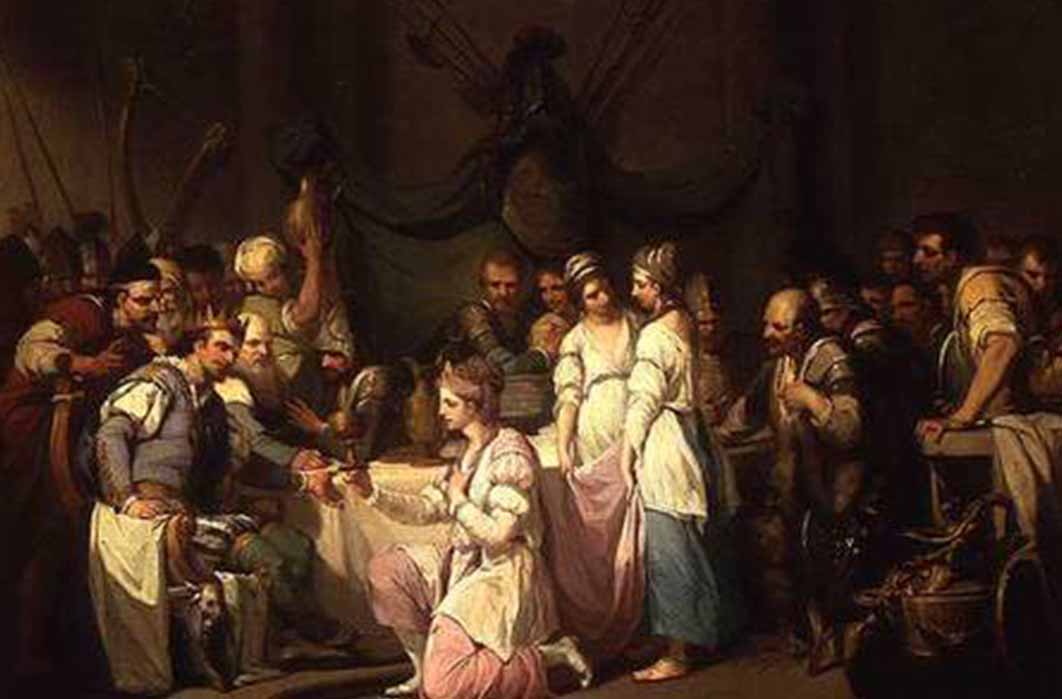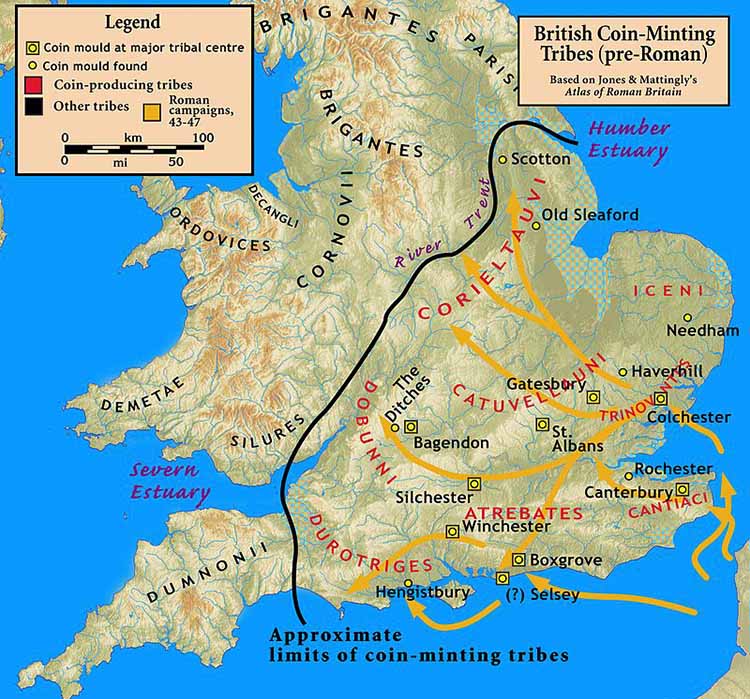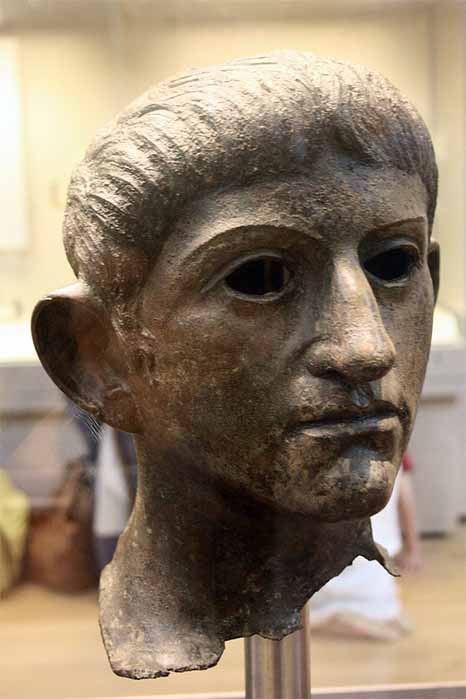
The Shadowy Reign of Vortigern, The King Who Gave Away Britain
Vortigern was a semi-mythical fifth century king most famous for inviting the Saxons to Britain to help him vanquish the invading Picts of Scotland. A disagreement compelled the Saxons to break their promise to Vortigern, opening up Britain to Saxon domination. His deeds are recorded by a handful of medieval chroniclers including Gildas, Bede, Nennius, Geoffrey of Monmouth, and the French monk Wace. He is generally looked upon unfavorably by these medieval writers, who blame him entirely for the Saxon subjugation of Britain. Like most of British history immediately after the Roman’s departure in the early fifth century, Vortigern is shrouded in the mystery of the Dark Ages. Despite this, evidence from the Anglo-Saxon Chronicle illustrates that he was a real person who really did appeal to the Saxons for aid. His entry states: “AD 449. And in their days Vortigern invited the Angles thither, and they came to Britain in three ceols [ships], at the place called Wippidsfleet [Kent].” Although Vortigern’s existence can be confirmed, the details of his life cannot. His reign is subject to many fictional embellishments, making it hard to separate fact from fiction. Nevertheless, his story remains a fascinating expression of the anxiety of post-Roman Britain in their quest to re-establish order.

Conquests under Aulus Plautius, focused on the commercially valuable south-east of Britain. (CC BY-SA 3.0)
The Rise And Fall Of Roman Britain
Hoping to extend the boundaries of his empire, Julius Caesar was the first Roman to sep foot on the British Isles in 55 BC, but Britain was only fully subdued under Emperor Claudius in 43 AD. Under the command of Aulus Platius, Claudius sent four legions to sail across the English Channel to land at Richborough. They defeated the English tribal chieftain of Catuvellauni at the battle of Camulodunum, present-day Colchester, and by 60 AD Britain was secured by a network client-kingdoms dominated by Roman overlordship.
One of these subordinate tribes were the Iceni, based in Norfolk, whose most famous warrior, Queen Boudicca, led the most celebrated revolt in British history after her lands were pillaged and her daughters raped by the Romans, following the death of her husband Prasutagus. Her reign of terror, which saw the deaths of 70,000 Roman citizens in British cities including London, finally ended with her suicide.

The head of a presumed equestrian statue of Claudius found in the River Alde at Rendham in Suffolk, believed to have been taken from the Temple of Claudius during Boudicca's revolt. British Museum, London. (CC BY-SA 3.0)
From 77 AD, the campaigns of Roman general Agricola in northern England and Wales helped the Romans further expand their influence from their nucleus in southern Britain, although he was unable to annex Scotland, which never fell to Roman domination. It would take several more decades for the Romans to finally capitulate to the Scots with the building of Hadrian’s Wall in 122 AD. During this first century of foreign rule Britain was slowly being Romanized, with native customs abolished in favor of Roman traditions, laws, and infrastructure. The construction of Roman roads, such as Ermine Street which linked London with York, encouraged the immigration of merchants from all over the Empire, who hoped to take advantage of the new province’s natural abundance of tin, iron, and gold.
- The Anglo-Saxon Conquerors: Creators of Medieval England
- Invasion of Britain by Brothers Hengist and Horsa: Truth or Legend?
- The Legendary Origins of Merlin the Magician
Britain was reorganized in the third century, being divided into Britannia superior centered on Londinium and Britannia inferior at York. As Rome crumbled and split into three different entities, Britain found itself under the care of Roman tetrarch Diocletian. The island nation would experience a brief spurt of independence following a rebellion by Romano-British noblemen Caurasius and Allectus from 286 AD. However, after Allectus had Caurasius assassinated in 293 AD, Britain was retaken by the Roman emperor of the West, Constantius in 296 AD, whose endeavors brought stability to the land, and were appreciated so much by the people of London that he was bestowed the title ‘The Restorer of the Eternal Light’.





